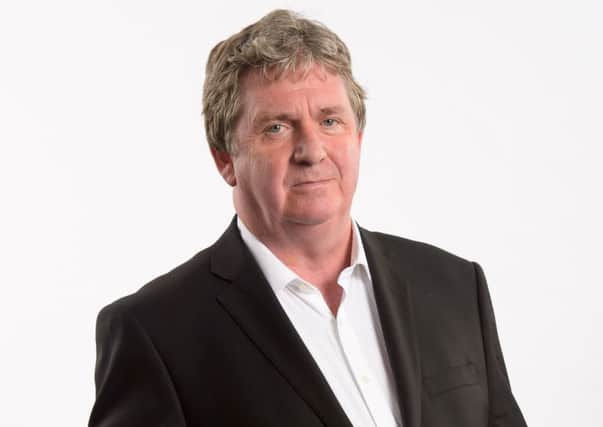Comment: Crossed semantics at fraud agency and BoE


It centres on the SFO investigation into liquidity auctions by the Bank at the time of the financial crash, but more pertinently is over the four-month gap between the central bank referring the matter to the crime agency and it becoming public that it had done so.
BoE governor Mark Carney seems to have irked the SFO by telling the House of Lords economic affairs committee on Tuesday that the Bank was advised by the agency to keep shtum (I paraphrase, somewhat) on the transfer of evidence last November.
Advertisement
Hide AdAdvertisement
Hide AdThe SFO denied this to a newspaper after Carney’s Lords’ appearance, but then made things opaque yesterday by admitting it advised the BoE to exercise “circumspection” back last November.
So what precisely is the difference between circumspection and keeping it dark? It would probably keep the theologians busy for quite a while.
Then (stick with it), it is understood that when the SFO formal criminal investigation was launched in December it told the BoE any decision to make it public was for Bank chiefs and it offered no advice either way.
Boiled down, it does seem this was one of those occasions when both sides are a bit right, but with neither having a monopoly on the virtue.
The underlying focus of the probe rather than the administrative mechanics remains important. During the crash banks were invited to borrow funds from the central lender to help tide them over (I paraphrase).
But suspicions have been raised that some banks colluded to bring down the cost of the emergency lending, in effect biting the regulatory hand that fed them. The question is whether BoE officials connived at this practice for reasons that remain unclear.
If the first wrongdoing proves true it is damning, if the Bank turned a blind eye it is dynamite. Compared with that, who said what to who, when between the two institutions looks an arcane pub quiz poser that might even bore a Treasury committee train-spotter.
SUBSCRIBE TO THE SCOTSMAN’S BUSINESS BRIEFING